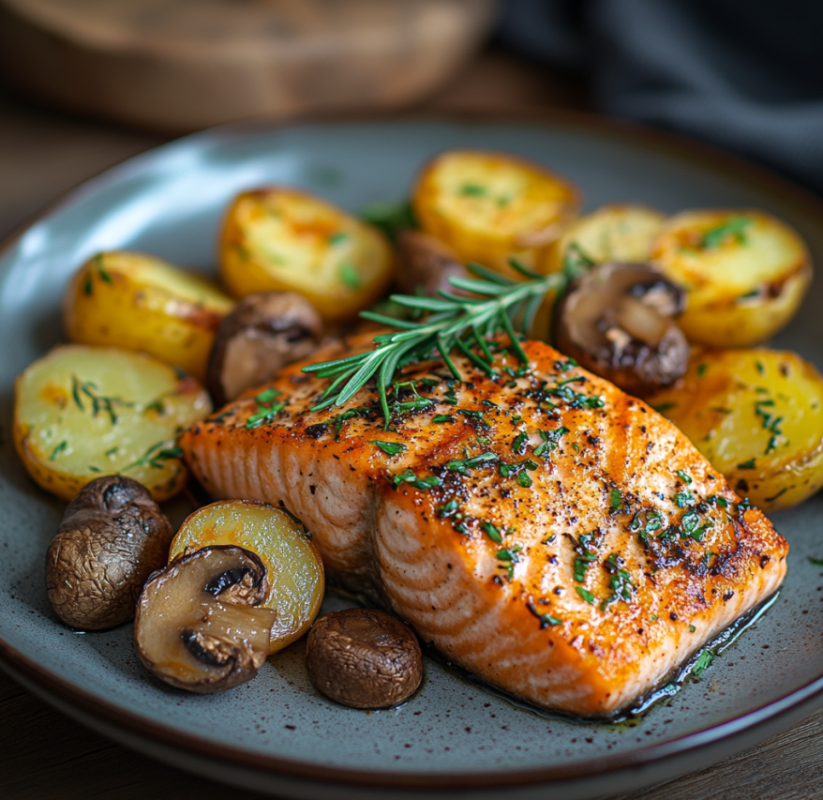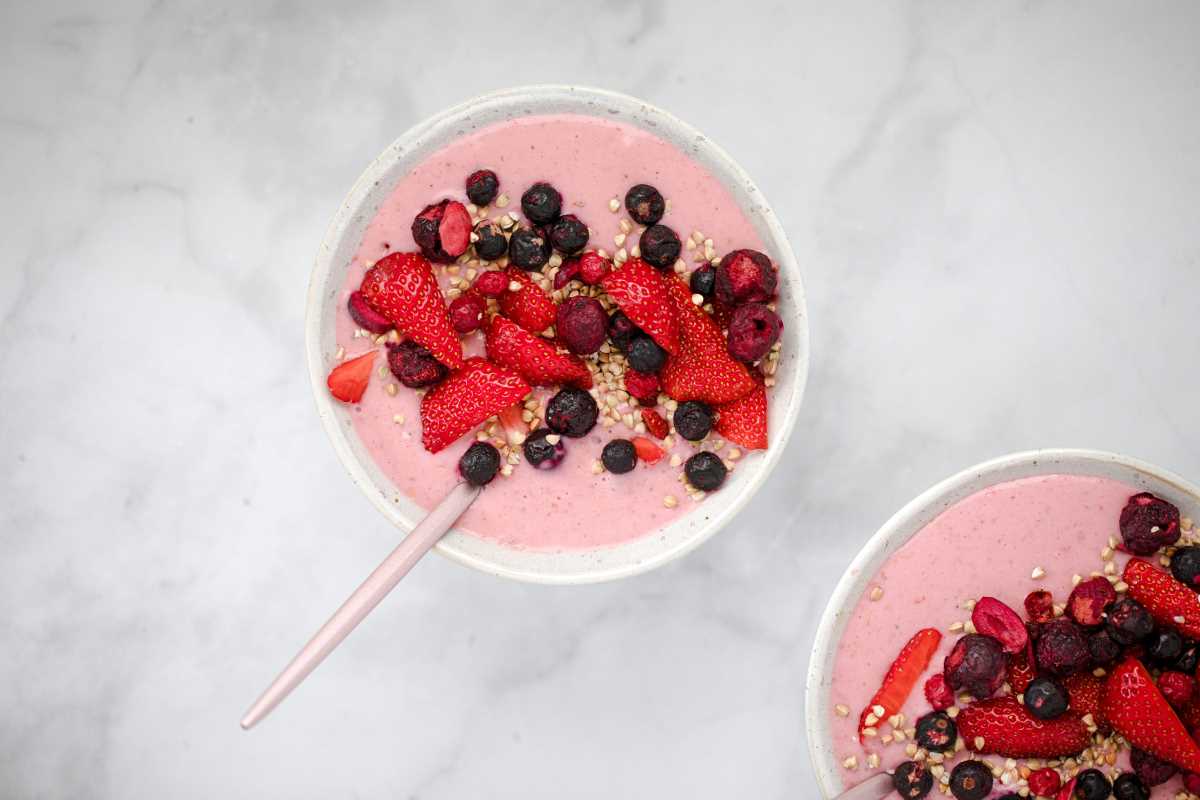When you think of superfoods, your mind might immediately jump to avocado, blueberries, or kale. But there’s one humble ingredient that has been making waves in the wellness world and, surprisingly, it’s been around for centuries. Enter seaweed. Yes, the same plant that thrives in oceans all around the globe and wraps your favorite sushi rolls is packed with nutrients, bold flavors, and surprising health benefits. Whether you're looking to amp up your meals with something new or you're on the hunt for a nutrient-rich addition to your diet, seaweed might just be the perfect solution.
What Exactly Is Seaweed?
At its core, seaweed is a type of marine algae that grows abundantly in bodies of saltwater like seas and oceans. It comes in a diverse array of types, colors, and textures—from the glossy green nori you see in sushi to the golden, feathery strands of wakame in your miso soup. While it may seem exotic, seaweed has been a dietary staple in many cultures for centuries, particularly across Asia where it’s valued for both its flavor and its health properties.
Though it might not be something you typically incorporate into your shopping cart, seaweed is gaining recognition as a powerhouse ingredient that can elevate both the nutrition and taste of your meals.
Why Seaweed Deserves a Spot in Your Diet
If you’re wondering what makes seaweed so special, the answer lies in its nutrient content. This natural superfood punches far above its weight when it comes to providing an impressive lineup of vitamins, minerals, and unique compounds. Here's a closer look at why you should consider adding a touch of the sea to your plate.
A Nutritional Goldmine
Seaweed is often called the "kale of the sea" for a good reason. It’s filled with essential nutrients that your body needs to function at its best, including iodine, calcium, magnesium, iron, and potassium.
- Iodine: A trace mineral many people don’t think about, iodine is essential for your thyroid gland. This gland regulates hormones that manage metabolism, growth, and energy levels. For those who don’t eat much seafood or dairy, seaweed can be an excellent source of iodine in your diet.
- Calcium and Magnesium: We all know calcium is key for strong bones and teeth, but magnesium often doesn’t get the love it deserves. Together, these minerals support muscle function and help maintain heart health.
- Iron and Potassium: Seaweed can also contribute to better blood health, thanks to its iron. Potassium, on the other hand, can help manage blood pressure and keep your heart happy.
You’ll also find a dose of vitamins A, C, E, and K in seaweed, making it a virtual multivitamin straight from nature.
Rich in Antioxidants
Like spinach or green tea, seaweed contains antioxidants that protect your cells from damage caused by free radicals. Over time, these free radicals can lead to inflammation in the body and increase the risk of chronic diseases like heart disease or even cancer. Algae varieties such as wakame and dulse are particularly antioxidant-rich, giving your meals an extra layer of health protection.
Gut-Healthy and Fiber-Filled
Struggling with digestion? Seaweed has your back. Its natural fiber content helps keep your digestive system running smoothly, and some types of seaweed even contain prebiotics. Prebiotics act as food for the beneficial bacteria in your gut, which promotes better gut health in the long run. A happier gut can mean better energy, stronger immunity, and even improved mental well-being.
Plant-Based Protein Lover’s Dream
For those who are vegetarian, vegan, or simply looking to reduce their meat consumption, certain varieties of seaweed like spirulina and chlorella offer a surprising amount of plant-based protein. Unlike many plant proteins, these types of algae are complete protein sources, meaning they contain all nine essential amino acids your body requires.
Benefits Beyond Your Health
One of the standout qualities of seaweed is its versatility. Whether you sprinkle it as a seasoning, add it to soups, or even incorporate it into smoothies, seaweed can elevate your meals without overpowering them. It’s also naturally low in calories, making it an excellent option for those looking to maintain or lose weight while still enjoying flavorful dishes.
Additionally, seaweed is a sustainable and eco-friendly food. Unlike many crops on land, seaweed doesn’t demand fresh water or fertilizer to thrive. This makes it an environmentally responsible choice for eco-conscious eaters.
Easy Ways to Enjoy Seaweed
Now that you’re sold on seaweed’s amazing benefits, how do you incorporate it into your daily meals? Well, the possibilities are endless, whether you’re a seasoned chef or a busy home cook.
1. Start Small with Snacks
You’ve probably seen those handy packs of dried seaweed snacks in grocery stores. These crispy, savory sheets make the perfect guilt-free snack and come in a variety of flavors such as sesame, wasabi, or teriyaki. Toss a pack in your bag for a midday bite or enjoy them as a healthy alternative to chips.
2. Sprinkle it on Everything
A jar of seaweed flakes is like a secret weapon in the kitchen. Sprinkle it over rice, mix it into scrambled eggs, or use it to elevate your avocado toast. It adds a subtle briny flavor that’s both unique and delicious.
3. Soups and Broths
Seaweed and soup are a match made in heaven. Add kombu or kelp to your stock for a richer, umami-packed flavor. You can also throw some wakame into your miso soup for that classic touch.
4. Salads with a Twist
Seaweed salad, often made with wakame, is a Japanese favorite that’s as refreshing as it is nutritious. With a hint of sesame oil, soy, and vinegar, it’s the perfect side dish or light meal.
5. Blend into Smoothies
If you can’t see yourself chewing seaweed anytime soon, sneak some spirulina or chlorella powder into your morning smoothie. Their mild, earthy flavor pairs beautifully with tropical fruits like pineapple or mango.
6. Swap in Nori Wraps
Instead of a tortilla or bread, try using nori sheets as a wrap for sandwiches, sushi rolls, or even breakfast burritos. Add some veggies, cooked protein, and sauce for a quick, nutritious meal that’s perfect on-the-go.
Things to Keep in Mind
While seaweed is undeniably nutritious, it’s important to consume it in moderation. Because it’s rich in iodine, overindulgence could slightly affect thyroid function if you already consume a lot of iodine-rich foods or supplements. Stick to a few servings a week for the best balance.
Also, choose high-quality, responsibly sourced seaweed to avoid any potential contamination from polluted waters. Look for trusted brands that provide details about where their seaweed is harvested.
 (Image via
(Image via





